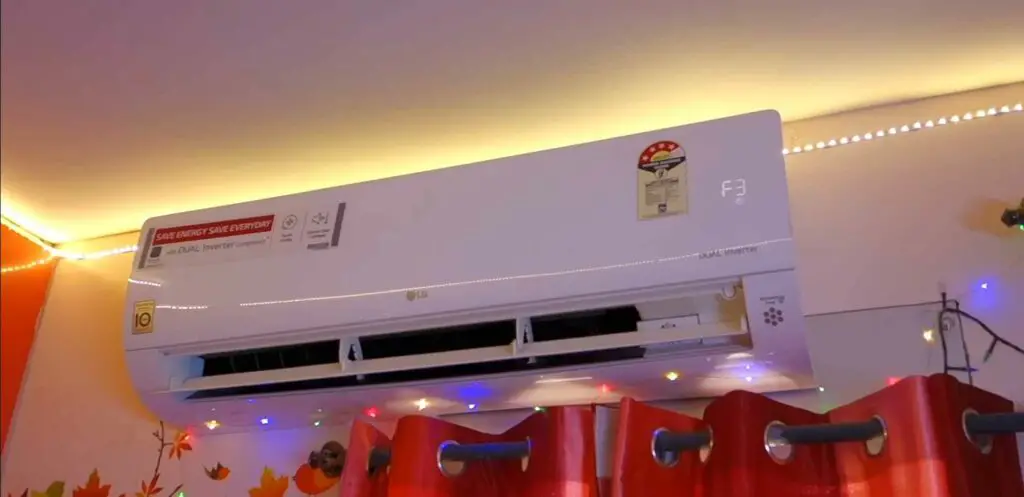As the weather cools down, you might be tempted to turn off your air conditioner and open up the windows.
However, running your AC in the winter can actually save you money on your energy bill.
Are air conditioners cheaper in the winter?
The answer may surprise you. It turns out that air conditioners are actually cheaper to operate in the winter, thanks to a quirk of physics.
Colder air is denser than warm air, so an AC unit has to work less hard to cool a room in the winter.
That means your energy bills will be lowered, even though you use the AC more often.
Of course, this only applies if your AC is properly sized for your home.
If your unit is too small, it will have to run for longer periods of time to cool your home, negating any savings on your energy bill.
But if you have a properly sized AC unit, you can expect to see some savings on your winter energy bills.

Why are Air Conditioners Cheaper in the Winter?
If you’re looking to save money on your air conditioner, the best time to buy is during the winter.
That’s because air conditioners are typically cheaper in the winter months than they are in the summer. There are a few reasons for this.
First, demand for air conditioners is lower in the winter.
This means that manufacturers have less need to produce as many units, which can lead to lower prices.
Additionally, retailers may be more likely to offer discounts on air conditioners during the winter in order to boost sales.
So if you’re looking for a deal on an air conditioner, keep an eye out during the winter months.
You may find the perfect unit at a price that fits your budget!